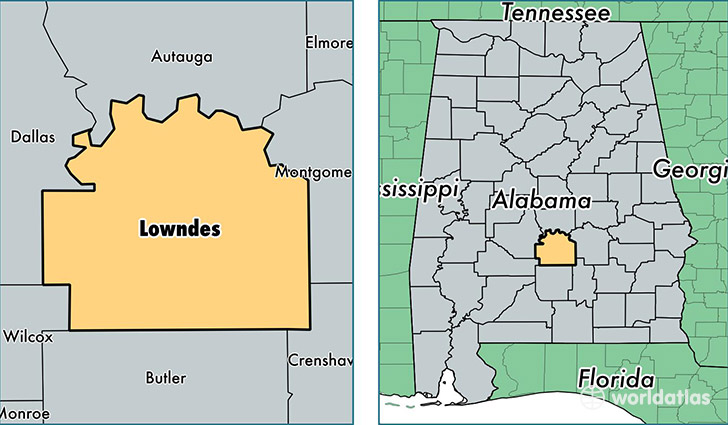Environmental Justice, Hookworm, and the American South
Hookworm, an intestinal parasite often found in areas of extreme poverty, is making a comeback in an unexpected place: the American South. More than one in three people tested in southern Alabama tested positive for the parasite, which was previously believed to have been eradicated in the U.S. decades ago. Over time, hookworm causes abdominal pain, diarrhea, loss of appetite, weight loss, fatigue and anemia. In children, hookworm can cause cognitive impairment and delay or prevent growth.
The resurgence of Hookworm in southern Alabama is particularly worrying when you consider that Lowndes County, in southern Alabama, is 73% African American and children are often found playing near puddles of untreated sewage water. This same county regularly drinks water pumped through cracked pipes next to untreated waste, and wastewater floods homes whenever rains come. The average income in Lowndes County is about $25,000/year, and many residents live near or below the poverty line. So how can we prevent a resurgence of these parasites?

Step one is to expand municipal sewer systems so that they cover poverty-ridden areas and ensure waste fluids do make contact with humans before being treated. This is not always an option in rural areas, but that doesn’t mean there are no options. Step two is an expansion of septic tanks and clean piping. Septic tanks and clean piping serve similar functions to municipal sewage systems and can reduce waste-related illness for low-income residents.
In addition, officials need to encourage the reporting of cracked waste pipes and implement progressive programs to deal with these pipes. Alabama’s current practice is to prosecute those with cracked pipes and septic tanks. Instead of encouraging reporting and correction, this policy places financial burdens and jail sentences on populations already overburdened by poverty, pollution, and a history of racism. Rather than encouraging reporting, a prosecution-first policy encourages residents to remain silent. This situation allows for the proliferation of parasites like Hookworm, among other bacteria and parasites.
Allowing Hookworm to return and thrive in low-income communities of color is regressive and unacceptable in America. These policies reinforce a system of racism that places economic and health burdens on communities ill-equipped to deal with them. If America is truly a land of equality, a land that treats all people with human dignity, then we must act immediately to address easily-remedied problems like the one described above.

